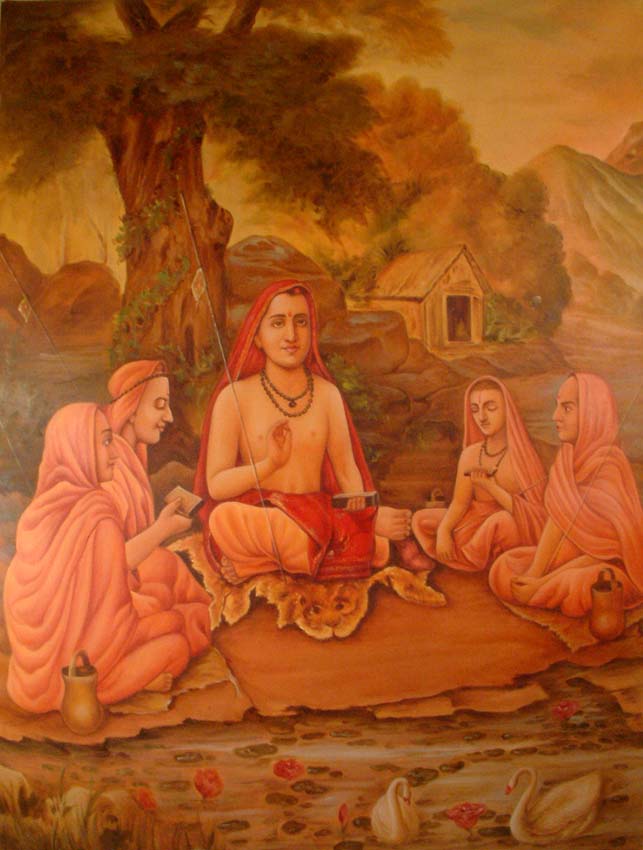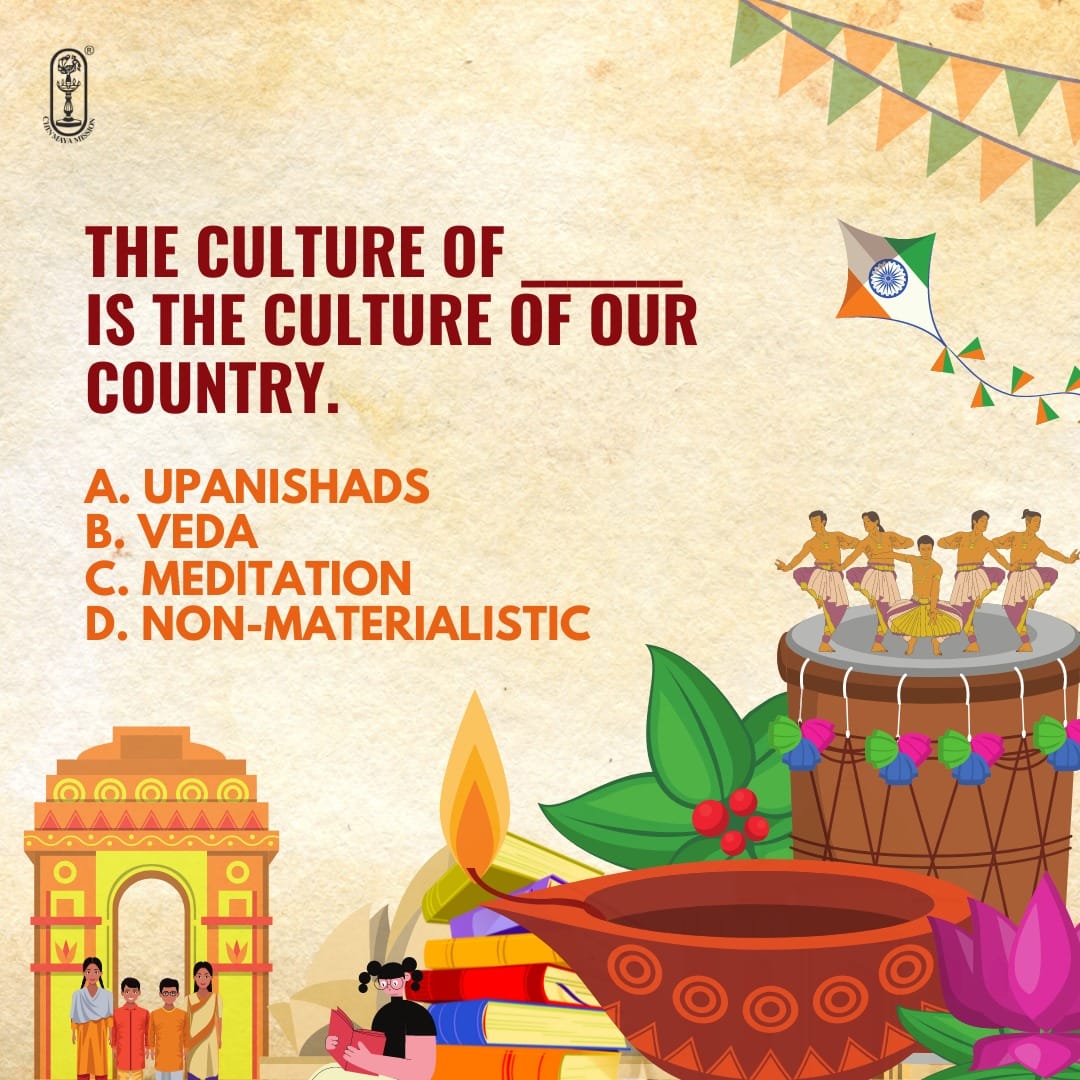Examining the Common Conceptions of the Idea of Sacrifice :
Because of the built in conceptions about the term “sacrifice” that have come down to us, it becomes necessary to review what these are so that we do not respond to the term based on hidden assumptions.
Sri Aurobindo describes these conceptions: “The vulgar conception of sacrifice is an act of painful self-immolation, austere self-mortification, difficult self-effacement; this kind of sacrifice may go even as far as self-mutilation and self-torture.” We see through the history of religion and spiritual seeking, all over the world, that such conceptions arise. We have seen seekers punish the body, mortify themselves using whips or belts embedded with nails. We have seen those who starve the body, those who hold their arms in the air for decades until they wither away, and those who refuse to sit or lie down. Painful austerities are intended, in these instances, to focus the mind on the spiritual path.
“These things may be temporarily necessary in man’s hard endeavour to exceed his natural self; if the egoism in his nature is violent and obstinate, it has to be met sometimes by an answering strong internal repression and counter-balancing violence.”
These conceptions are however still focused and based in the ego-consciousness and still emphasize the separation and difference of the seeker from what is being sought.
“But the Gita discourages any excess of violence done to oneself; for the self within is really the Godhead evolving, it is Krishna, it is the Divine; it has not to be troubled and tortured as the Titans of the world trouble and torture it, but to be increasingly fostered, cherished, luminously opened to a divine Light and strength and joy and wideness.”
This reveals to us the view from the divine standpoint. If all is One, and if the body and life and mind are in reality the divine manifestation, then treating them with respect, without wallowing in the opposite extreme of raising up the life in the body as if it were a separate God to be pampered and fed without the balance of recognising the true divinity of all, and the need for harmony and balance, is a more appropriate way of treating the body.
“It is not one’s self, but the band of the spirit’s inner enemies that we have to discourage, expel, slay upon the altar of the growth of the spirit; these can be ruthlessly excised, whose names are desire, wrath, inequality, greed, attachment to outward pleasures and pains, the cohort of usurpin demons that are the cause of the soul’s errors and sufferings.” These are all the formations of the lower nature that bind us to the illusory sense of a separated and fragmented ego-personality and which attempt to aggrandise that personality at the expense of the rest of the creation.
“These should be regarded not as part of oneself but as intruders and perverters of our self’s real and diviner nature; these have to be sacrified in the harsher sense of the word, whatever pain in going they may throw by reflection on the consciousness of the seeker.”
Sri Aurobindo





Comments